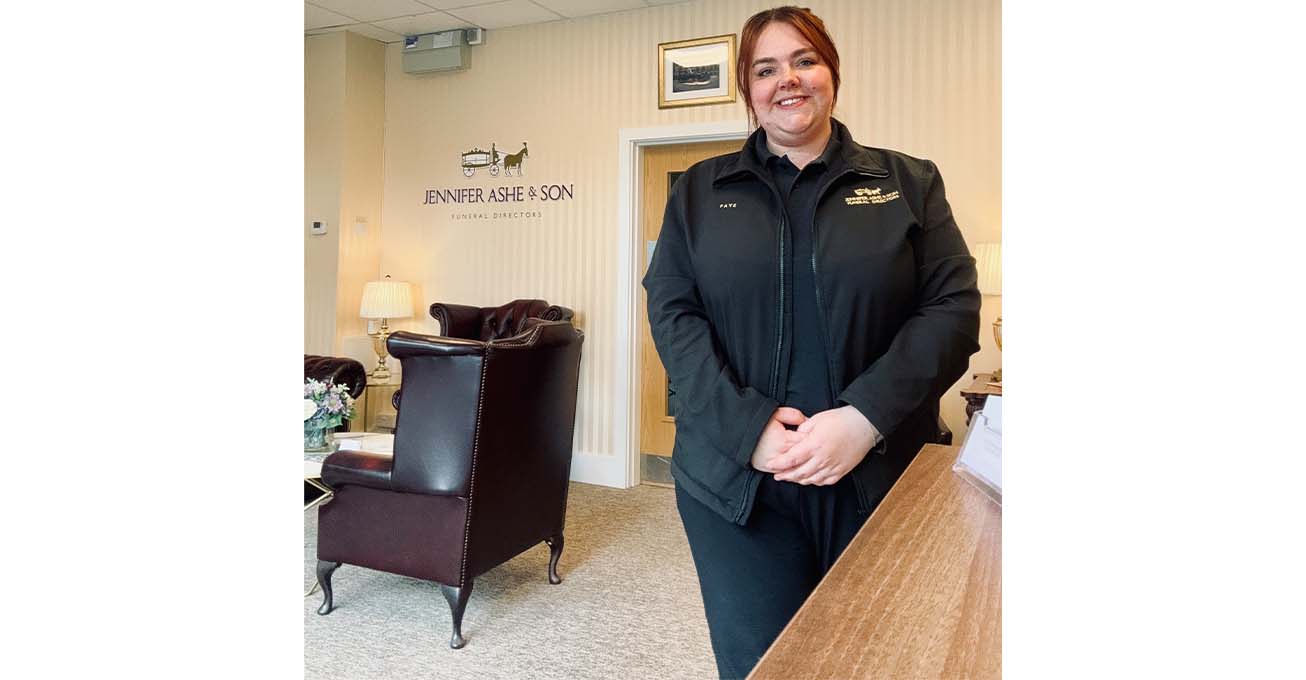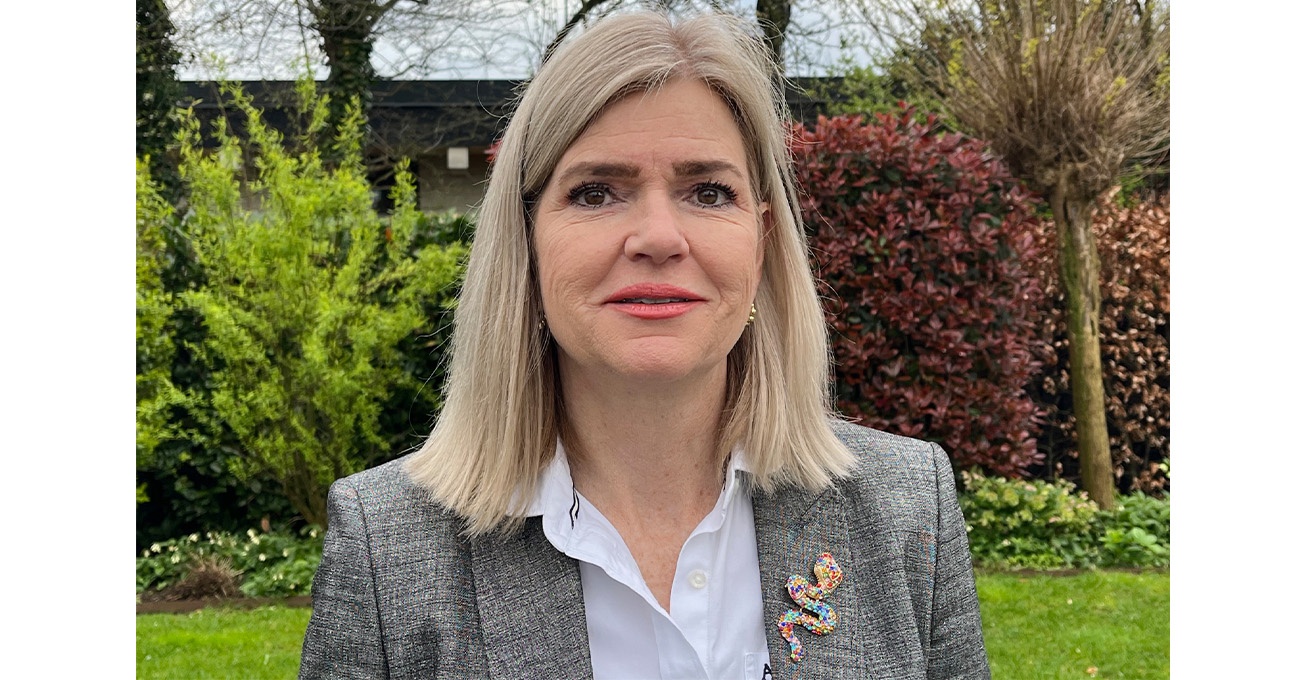This week, as Black Friday nears, efforts to put small businesses at the forefront ahead of the festive season continue with Family Business Week this week (November 21) and Small Business Saturday designed to highlight all that local and small companies have to offer.
However, there can be a flip side to these busy times, with small businesses too often struggling to get payment for their goods and services.
In January this year, the Federation of Small Businesses said that one in three small businesses it had asked had seen late payment of invoices increase over the previous three months. And for SMEs, that can be serious, with nearly one in ten saying late payment was threatening the viability of their business.
Government information shows that more than £6 billion each year is written off by SMEs and 78% of SMEs have bad debt. While the average payment term of most SMEs is 28 days, the actual payment period is more than 45 days.
So, how can small businesses make sure they keep cash flowing in this Christmas? Claire Twells, Head of Debt Recovery at Smith Partnership Solicitors in Derby, shares her advice.
1. Take action quickly if you have an invoice outstanding
Time is of the essence acting quickly and taking proactive action will be the difference between getting the money back and having to write it off as a bad debt.
The bigger/higher the debtor days the harder a debt is to recover. A rule of thumb is anything over 90 days is harder to collect than a debtor 30 days overdue.
2. Contact the debtor
The first thing you should do as soon as the invoice is overdue is to call the debtor. Try and engage with them and see why the invoice has not been paid. The phone call should be followed with an email to the debtor confirm the discussions. If a revised time to pay was agreed in the call, then that should be recorded in the email. If the debtor does not respond to the phone call and make payment, the credit control process should be followed.
If you are owed money, you can seek interest on the debt and that can be detailed in your terms and conditions or in the alternative Section 69 of the County Courts Act 1984 permits interest to be added to most non-commercial debts at the rate of 8% per year.
With the recent pandemic and the current poor economic state of the British Economy being tight in terms of time on any internal credit control process is imperative.
3. Get formal
If the internal process does not work to recover the money owed, you can seek to issue a formal letter of demand via a Solicitor. If the debtor is an individual or sole trader then a different process should be followed and a letter of demand should be issued. If the debtor is a business, then a letter before action can be sent. A letter before action is a letter which gives the details of the debt and requests payment no later than a seven-day period and explains that if no payment is made then a County Court Claim can be issued at Court.
4. Get legal
If you have tried all your usual ways of recovering a debt without success, then issuing a claim is a last resort. Taking a debtor to Court can be an effective method of debt recovery. The procedures are designed to be quick and easy to operate. However, it is worth bearing in mind if you do decide to go to court,
- find out as much as possible about the debtor, make sure you know who exactly the debtor is, make sure the name of the company and the address details are correct. A simple check of a limited company can be carried out on companies’ house Advanced company search – Find and update company information – GOV.UK (company-information.service.gov.uk)
- Make sure that all of the invoices are due and owing.
- Consider seeking legal advice, where appropriate.
5. Alternative Dispute Resolution
If you don’t want to issue a claim in Court it is possible to see to resolve the dispute by Alternative dispute resolution. Alternative Dispute Resolution (ADR) schemes are not intended to replace the court process, however it can be a quicker and cheaper process than going to court. Advantages of ADR are that the process is more flexible;it is less stressful; and it can cost less money. Mediation is one form of ADR and it may be helpful in finding a solution to a dispute.
For more advice or support, you can contact Claire at Smith Partnership on 01332 225206 or email: [email protected].







